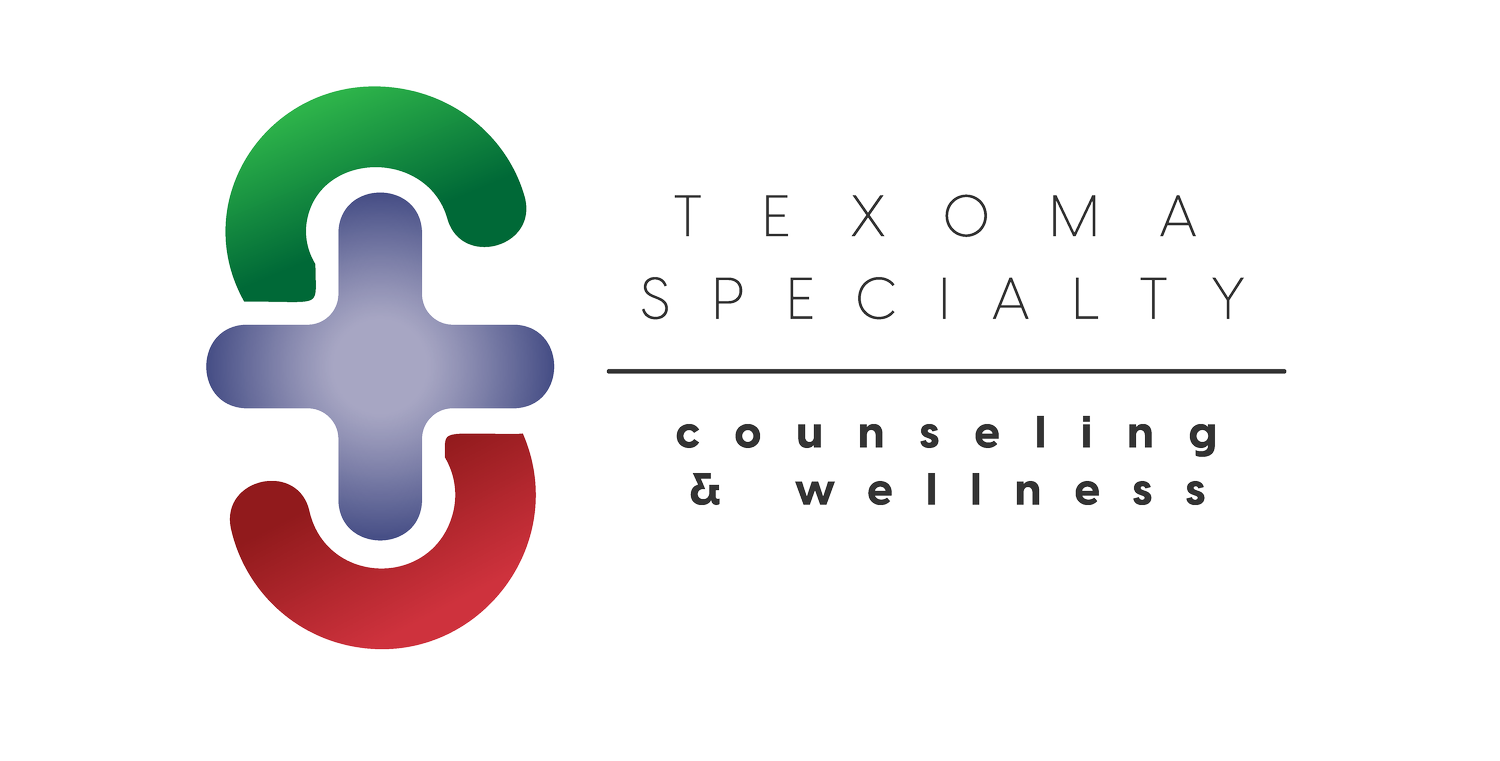Healing Trauma with Ketamine-Assisted Psychotherapy (KAP): A New Path to Recovery
🌿 Healing Trauma Through Ketamine-Assisted Psychotherapy (KAP)
Trauma can leave lasting imprints on the mind and body. For many, traditional talk therapy and medication provide relief, but some individuals continue to struggle with symptoms such as flashbacks, hypervigilance, anxiety, depression, and emotional numbness. Emerging research shows that Ketamine-Assisted Psychotherapy (KAP) can be a powerful tool in helping people heal from trauma.
🧠 Understanding Trauma
Trauma is more than just a difficult memory—it is the body and brain’s response to overwhelming stress. When trauma is unresolved, it can disrupt daily life, relationships, and overall well-being.
Common symptoms may include:
Intrusive memories or flashbacks
Avoidance of reminders of the trauma
Difficulty sleeping or concentrating
Feeling emotionally “numb” or disconnected
Heightened anxiety or irritability
While trauma can feel isolating, healing is possible with the right support and treatment.
💊 What Is Ketamine-Assisted Psychotherapy (KAP)?
Ketamine-Assisted Psychotherapy (KAP) combines the use of low-dose ketamine with guided psychotherapy sessions. Unlike traditional antidepressants, which may take weeks to show effects, ketamine works quickly to create new pathways in the brain and reduce symptoms of depression, anxiety, and trauma-related distress.
During a KAP session:
A trained clinician administers ketamine in a safe, controlled environment.
The medicine induces a relaxed, altered state of consciousness that can help patients access emotions and memories in new ways.
A therapist guides the process, helping the individual explore insights, process trauma, and integrate the experience into their healing journey.
🌈 How KAP Helps with Trauma
Ketamine’s unique effects on the brain make it especially helpful for trauma survivors:
🧬 Neuroplasticity: Ketamine promotes new neural connections, which can help “rewire” patterns of fear, shame, or negative self-beliefs.
💭 Emotional Processing: The altered state allows individuals to revisit traumatic memories with less fear and defensiveness, making therapy more effective.
⚡ Rapid Relief: Many people report reduced symptoms of depression, anxiety, and PTSD after just a few sessions.
🔄 Integration: With the support of a therapist, insights gained during ketamine sessions can be applied to long-term healing and growth.
💬 Is KAP Right for You?
KAP is not a one-size-fits-all solution, but it can be life-changing for individuals who have not found relief with traditional methods. It is especially promising for those struggling with treatment-resistant depression, PTSD, and trauma-related symptoms.
🌿 Conclusion
Trauma can feel like a heavy burden, but healing is possible. **Ketamine-Assisted Psychotherapy offers a new path forward—one that combines the power of neuroscience with compassionate, trauma-informed therapy.**
👉 At Texoma Specialty Counseling & Wellness, we are proud to offer KAP as part of our trauma treatment program. To learn more about how KAP can support your healing journey, contact us today.


